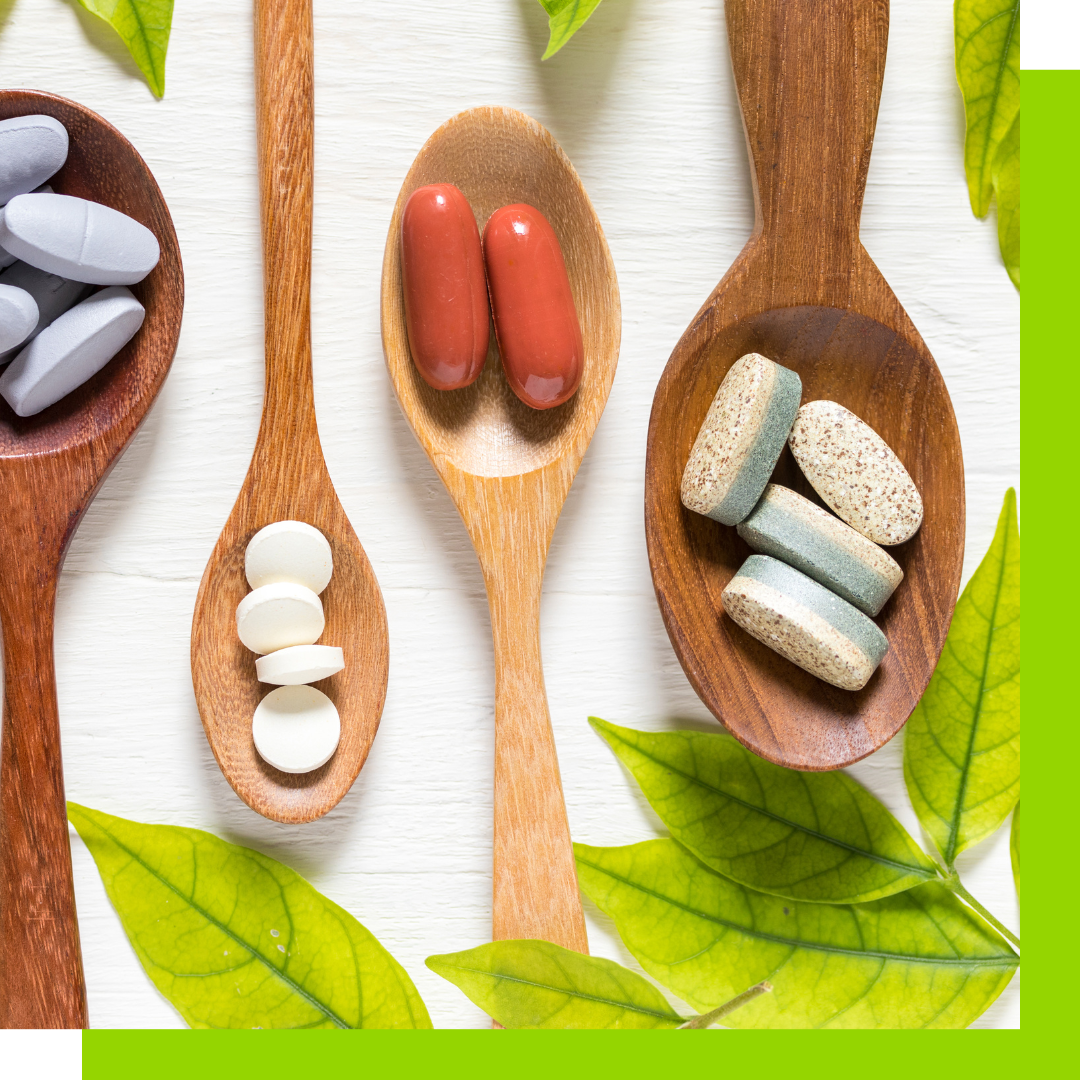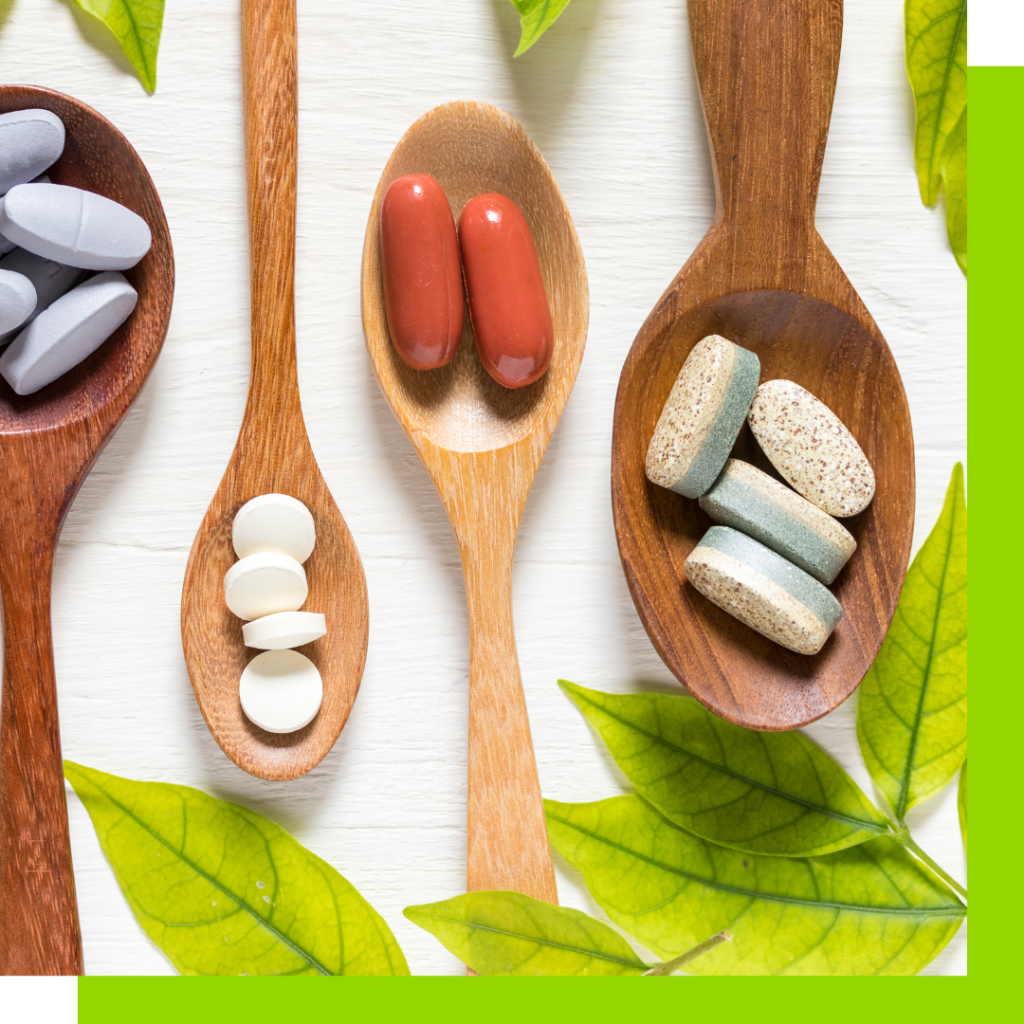Supplements are all the rage, and it’s time to figure out which are worth checking out and which are a waste of your time and money. There is ingenious marketing behind what is on the shelves, so which supplements should you consider taking? First, let’s look at what you should think about before choosing if you want to move further in trying something new:
- (How) Does it apply to your exercise/goals? Your activity level?
- Can you find research on the supplement? Peer-reviewed journals and other credible sources? Was the research sponsored?
- Was this an animal study or a human study? Can you relate to the study subjects? How many people were studied?
- Does research, or even the packaging itself, acknowledge limitations or precautions?
- Are results and causality easily tied to real life?
Choosing The Right Brand
Now that you’ve decided on the specific supplement that’s right for you, or one that might be beneficial for you, it’s time to look at the brand. What are some things you need to look at?
- GMP facility- manufactured in facilities that meet the same standards required by pharmaceutical companies (assures quality)
- Are ingredients analyzed/ tested by an independent lab?/ “Third party tested”
- Transparency of label – all ingredients are listed; watch out for proprietary formulas (all ingredients listed but amounts are not)
- Cost – can you see what you’re paying for? Is it worth it/reasonable?
- Can you find research on the actual supplement? And/or the main/active ingredient(s)?
- Can you find any information on (the reputation of) the company?
- Avoid products that contain artificial sweeteners, artificial colors or flavors, or hydrogenated oils
The Basic Facts About CREATINE:
Note: **MANDUU PROTEIN CONTAINS ~ HALF CREATINE DOSAGE NEEDED!
This is an exception to the rule – there’s no need to consider whether or not you should introduce creatine because most EVERYONE SHOULD BE TAKING CREATINE.
What is it?
Creatine is an amino acid found in the body’s muscles and brain. It creates a STEADY SUPPLY OF ENERGY which aids everything from movements that requires quick bursts and increasing muscular strength.
Where to find it?
Natural sources are seafood and meat and is also made by the liver, pancreas, and kidneys; Approximately ½ of the body’s creatine requirement (1-2gm = 1-2 jellybeans!) comes from red meat, seafood, and animal milk; the other half is made in the body by the liver, kidneys, pancreas –> 95% goes to skeletal muscle, the remainder goes to heart, brain, other tissues
How does it work?
ATP (adenosine TRIphosphate) is used for energy in the body. ATP is converted to ADP (adenosine DIphosphate), which means it loses a phosphate group. Creatine donates a phosphate group to ADP turning it into ATP, which results in more energy that the body can utilize. With adequate creatine supply, the body has more ATP, which increases stored energy in the body allowing for a higher power output. If we bypass the scientific explanation of creatines mechanism of action, we can simply say that creatine aids in (speeding up) recovery, increasing anabolic hormones, increasing water in muscle cells (reduced dehydration, reduce cramping)
What does Creatine do:
-Provides energy
-Promotes brain health
-Build muscle & bone
-Repair damaged tissue
-Aids in the contraction of skeletal muscles
-Decreases muscle damage
-Increases muscle repair
-Improve performance
-Increase muscle mass
-Help to prevent or reduce risk of muscle injury; reduce muscle tightness, soreness
-Increase tolerance to more intense activity
Other potential benefits currently being researched: neurodegenerative diseases (muscular dystrophy, Parkinson’s disease), diabetes, osteoarthritis, fibromyalgia, insufficient blood flow to heart, conditions that affect creatine metabolism/ transport
Anyone can take creatine at any time of the day, every day. Consistency will create stores. However, if you have very specific goals targeting hypertrophy and strength, there is some additional benefit seen when it’s taken after working out because it can help to drive water and carb into muscle tissue.
Creatine Monohydrate vs. Creatine Hydrochloride
Mono: dissolves in water; loading phase
HCl: dissolves in stomach acid; loading not necessary (decreased risk of GI upset/water weight gain)
PROTEIN
Protein is a macronutrient necessary for a ton of functions in the human body.
The best way to get it: REAL food
Whey and casein are complete proteins – they contain all essential amino acids (which are amino acids that are not made by the body so we need to get from external sources); byproduct of milk
Whey is great for pre-/post- workout for boosting performance, muscle recovery and repair.
Casein is great for everything listed above, and the best option for bedtime supplementation as it is slow digesting/absorbing (pre-sleep protein is not necessary but it’s an awesome option if you have specific muscle/strength building goals)
Isolate vs. concentrate: isolate will dissolve more quickly, and possibly a bit easier, but equal in terms of quality
-Benefits include:
– Muscle tissue repair
– Energy & satiety
– Improved sleep quality
– Improved immune system response
– Increased lean body mass which results in increased strength and
decreased body fat
*Best to take 20-40g protein within 2 hours of working out
AMINO ACIDS
Amino acids are the building blocks of protein. They play a crucial role in:
-Muscle-protein metabolism
-Promoting increases in lean muscle mass
-Preserving lean muscle mass
-Stimulating MPS (especially in a low energy, fasted state)
5-9g EAA pre/post workout yet there isn’t a limit (approx. 15-20g daily but more is ok) – around a workout will positively influence MPS
BCAA’s not necessary if you are taking high quality whey or casein supplement or if your diet includes plenty of high-quality whole food protein sources
*MANDUU PROTEIN & MANDUU PROTEIN BAR ARE GREAT SOURCES OF PROTEIN!!
ANTIOXIDANT SUPPLEMENTS
-Antioxidants combat oxidative stress caused by environmental toxins (UV, chemicals, smoking; acute exercise) by neutralizing free radicals
-Natural sources: berries, dark chocolate, whole grains, veggies; ascorbic acid (vitamin c), flavanols/flavanoids (plants) all found in whole foods
Some oxidation/damage is actually necessary for our body to adapt to stressors, so it’s important to get the majority of antioxidant from plant sources rather than supplementation. For example: A study found that higher (supplemented) doses of vitamin c resulted in less mitochondrial production, and less improvement in VO2max (max rate of O2 consumption/max amount of O2 that an individual can utilize during exercise) vs. to those who didn’t supplement in addition to the vitamin c they were getting from their standard diet.
PROBIOTICS
Probiotics are live microorganisms (bacteria and yeast) that live in your body. In the simplest of terms, probiotics are good bacteria that help keep you healthy.
-Gut microbiota is intimately linked to immune system, digestive system; regulate performance adaptation. When all of this isn’t in check, your overall wellness and fitness can certainly suffer
-Nutritional sources: yogurt, kefir, fermented foods, kombucha
There is a ton of research on probiotics and their effects on the gut, overall health, performance and other functions of the body. They have been found to decrease severity, frequency, duration of respiratory and gastrointestinal illness/ disturbances. That said, there are also a ton of probiotics and different bacteria will do different things for different people. Do your homework to figure out what you need and what would be your best option!
CARDIAC BENEFITS
Beet Root (nitrates)
-0.5L / day for 6 days leading up to event
-increased blood flow
-increased mitochondrial efficiency
-beet root, turnip, leafy greens
Sodium BiCarbonate
-300-500mg/kg BW, 1-3 days before event
-acid buffer … increases time to fatigue
PERFORMANCE
BETA ALANINE
-Anti-aging and antioxidant
-Buffers by increasing carnosine = higher tolerance for activity
1-3g before exercise (loading/build up recommended followed by maintenance dosing)
BETA-HYDROXYL-BETA-METHYLBUTYRATE (HMB)
-Anti-catabolic (prevents muscle breakdown); metabolite of leucine = 20x more potent than leucine
-take 30-40mins before workout
RECOVERY
Curcumin
-500mg, 3x/d
-anti-inflammatory
Ginger
-1g powder, 3x/d
-anti-inflammatory
Watermelon (L-citrulline & lycopene)
-500ml daily
-decrease lactic acid = decrease soreness
-anti-inflammatory
Tart Cherry Juice
-12oz, 2x/d, 8 days leading to event
Collagen Peptides
-2 scoops, 2x/d; 8oz bone broth, 2x/d
-supports connective tissue for soft tissue, bone health, gut health
Vitamin C
-500mg-1g daily
-aids in collagen production
-antioxidant
WHEN SHOULD YOU TAKE THEM
According to one of the top fitness corporations in America, the National Academy of Sports Medicine (NASM), below are the best ways to time your supplements:
Pre-exercise (nitrate, caffeine, sodium bicarbonate, carbohydrate and protein)
During exercise (carbohydrate)
Post-exercise (creatine, carbohydrate, protein)
Meal time (β-alanine, creatine, sodium bicarbonate, nitrates, carbohydrate and protein)
Before sleep (protein)
Nitrate and β-alanine are typically fixed recommended doses regardless of gender and body weight. Better benefits from sodium bicarbonate, caffeine, creatine with body weight specific dosing. There is also a difference between the duration of supplementation – in other words, is it best taken daily for a certain amount of time or should it be taken acutely/as needed? Many supplements have different directions for taking them, so make sure you’re aware of that, too!
Nicole, M.S. EXNS

